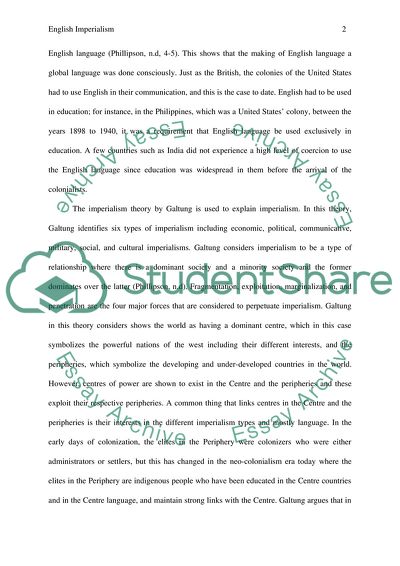Cite this document
(“English Imperialism Essay Example | Topics and Well Written Essays - 2500 words”, n.d.)
Retrieved from https://studentshare.org/education/1701595-english-imperialism
Retrieved from https://studentshare.org/education/1701595-english-imperialism
(English Imperialism Essay Example | Topics and Well Written Essays - 2500 Words)
https://studentshare.org/education/1701595-english-imperialism.
https://studentshare.org/education/1701595-english-imperialism.
“English Imperialism Essay Example | Topics and Well Written Essays - 2500 Words”, n.d. https://studentshare.org/education/1701595-english-imperialism.


